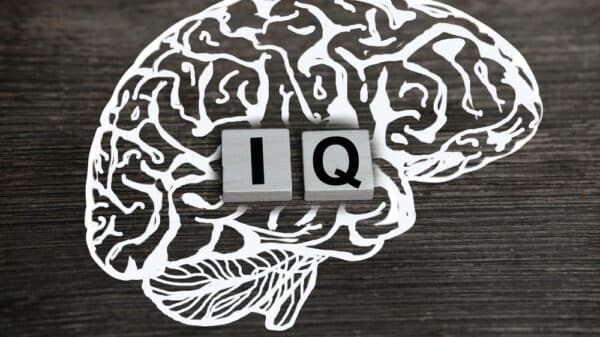Examination by the American Psychological Association has revealed that the widespread belief of defeat being a precursor to victory is flawed and harmful. Illusions regarding the education from former shortfalls lead to diminishing endorsements for initiatives, potentially guiding public approach toward inadequate solutions.
Questioning The Idea That Defeat Fosters Triumph
The axiom that defeat breeds success can be unfounded and potentially injurious to our society, as revealed by contemporary research findings released by the American Psychological Association.
The investigators orchestrated 11 different studies with over 1,800 subjects spanning numerous fields and juxtaposed national data with participants’ estimations. In one particular investigation, subjects greatly overjudged the fraction of aspiring nurses, barristers, and pedagogues who attain licensing accreditation post initial failures.
False Notions About Gleaning Wisdom from Defeat
“Individuals are prone to expect that succeeding will follow defeat significantly more frequently than reality depicts,” stated chief investigator Lauren Eskreis-Winkler, PhD, an assistant professor of management and organizations at Northwestern University. “People commonly trust that past behavior is indicative of future actions, hence it’s startling that they often opine the contrary regarding accomplishment post defeat.”
“What doesn’t eliminate you makes you feeble…and is potentially lethal the successive encounter.”
— Norm MacDonald
In several studies, subjects mistakenly presumed that individuals heed their blunders and glean insight from them. Within a practical examination, nurses projected their peers would gain substantial lessons from a former misstep. This inquiry was published online in the Journal of Experimental Psychology: General.
The True Effects of Misplaced Optimism
“People frequently muddle what exists with what should be,” Eskreis-Winkler articulated. “Individuals should observe and assimilate from defeat, but often they fail to because setbacks are disheartening and bruise the ego.”
Albeit reassuring someone that they will flourish following failure might enhance their morale, such attitude can bring about detrimental outcomes in the pragmatic domain, according to Eskreis-Winkler. In one assessment, subjects presumed cardiac sufferers would adopt salubrious habits, whereas numerous would not.
Altering Views with Factual Evidence
“The belief that predicaments will self-resolve after failure yields less inclination to support those in distress,” Eskreis-Winkler claimed. “Why would anyone commit resources or capital to assist floundering demographics if we wrongly assume that they will autocorrect?”
Nonetheless, individuals are inclined to adjust their foreseen outcomes when confronted with information pertaining to the minor,
if not absent, success rates following failures. In a duo of studies, subjects were more amenable to the idea of state funds sponsoring rehabilitative measures for previous prisoners and substance abuse therapy programs upon learning about the less than favorable outcomes for individuals utilizing such services.
“Rectifying our misguided convictions regarding failure could instigate a reallocation of state resources from punitive measures toward reformation and rehabilitation,” Eskreis-Winkler asserted.
Image Source: thatreec / Shutterstock






























